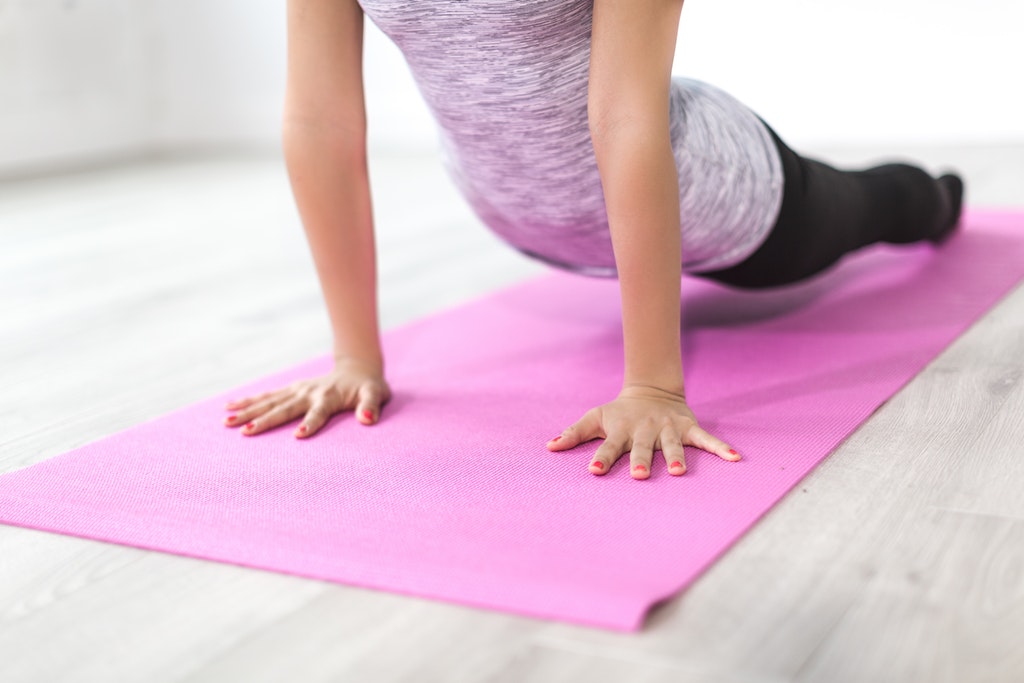Love Your Pelvic Floor
For some of us, we have not heard of our pelvic floor until we have walked into a Pilates studio or until we are having our first child. Once you start in a studio or health club you will start to hear "draw your belly button towards your lower spine", "zip up your lower abs", "engage your pelvic floor" and "draw your hip bones towards your belly button".
These are just a few of some of the cues that we use in Pilates all around the world. As teachers, we see blank faces across the room - some grimacing, some tensing and some smiling or giggling! So, why is focusing on the pelvic floor so important?
A weak pelvic floor: easy 'peezing'
Up to a third of all women experience a problem with their pelvic floor at some time during their life. The most common problems are leaking due to activity, coughing and sneezing (also known as "peezing") and pelvic organ prolapse (a feeling like something is coming down the vagina). All the bladder, bowel and sexual functions need good pelvic floor muscles. Effective pelvic floor muscles in pregnancy will reduce the risk of post-natal stress urinary incontinence.
Why should I love my pelvic floor?
Good pelvic floor muscles can help with sex by improving the vaginal sensation and your ability to grip.
Your pelvic floor muscles are important in posture and with your abdominal muscles and how they support your spine.
Pelvic floor muscles should be strong and active just like any other muscles in the body.
Why do problems occur with the pelvic floor muscles?
The pelvic floor muscles lie across the base of your pelvis to help keep the pelvic organs in the right position. The muscles are held in place by ligaments that support the organs, especially when there is an increase in pressure from lifting, carrying, or straining. The pelvic floor muscles can be weak, overstretched, slow to work, too tight or torn like other muscles in the body. Some of the reasons they can get this way are:
Pregnancy and childbirth
Chronic constipation
Heavy and repeated lifting
High impact exercise
Being overweight
Smoking
Menopause
How do I improve my pelvic floor?
There are a few ways you can improve those pelvic floors. Pilates, especially reformer, is our favourite (of course), but here are the most popular:
Pelvic floor muscle exercises (also known as Kegels) should include long-held squeezes as well as short quick squeezes. You should work the muscles until they tire. These exercises can be done at home on the bus/train or even at your desk. No one will know.
Mat work Pilates classes.
Yoga classes.
My recommendation for women who are pregnant is to research a Physio who can undertake a pelvic floor assessment – this is a must as they will be able to make recommendations early on as to what exercises you need to do and this will help during and post-pregnancy.
Roz Norman is the owner of Pilates & Co. and regularly teaches Pilates reformer, met.con and more at the studio. She’s also a mum of three and married to Dave. You can follow Roz and Dave on Instagram (@thenormanlife)




